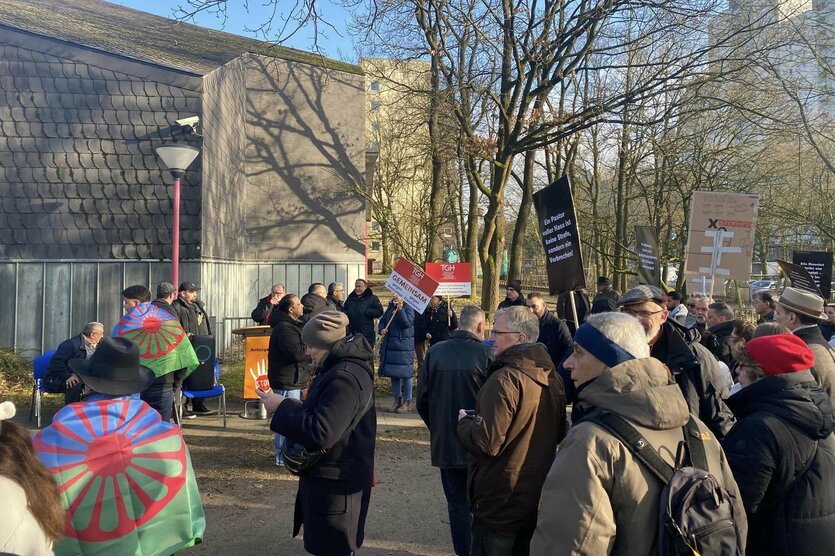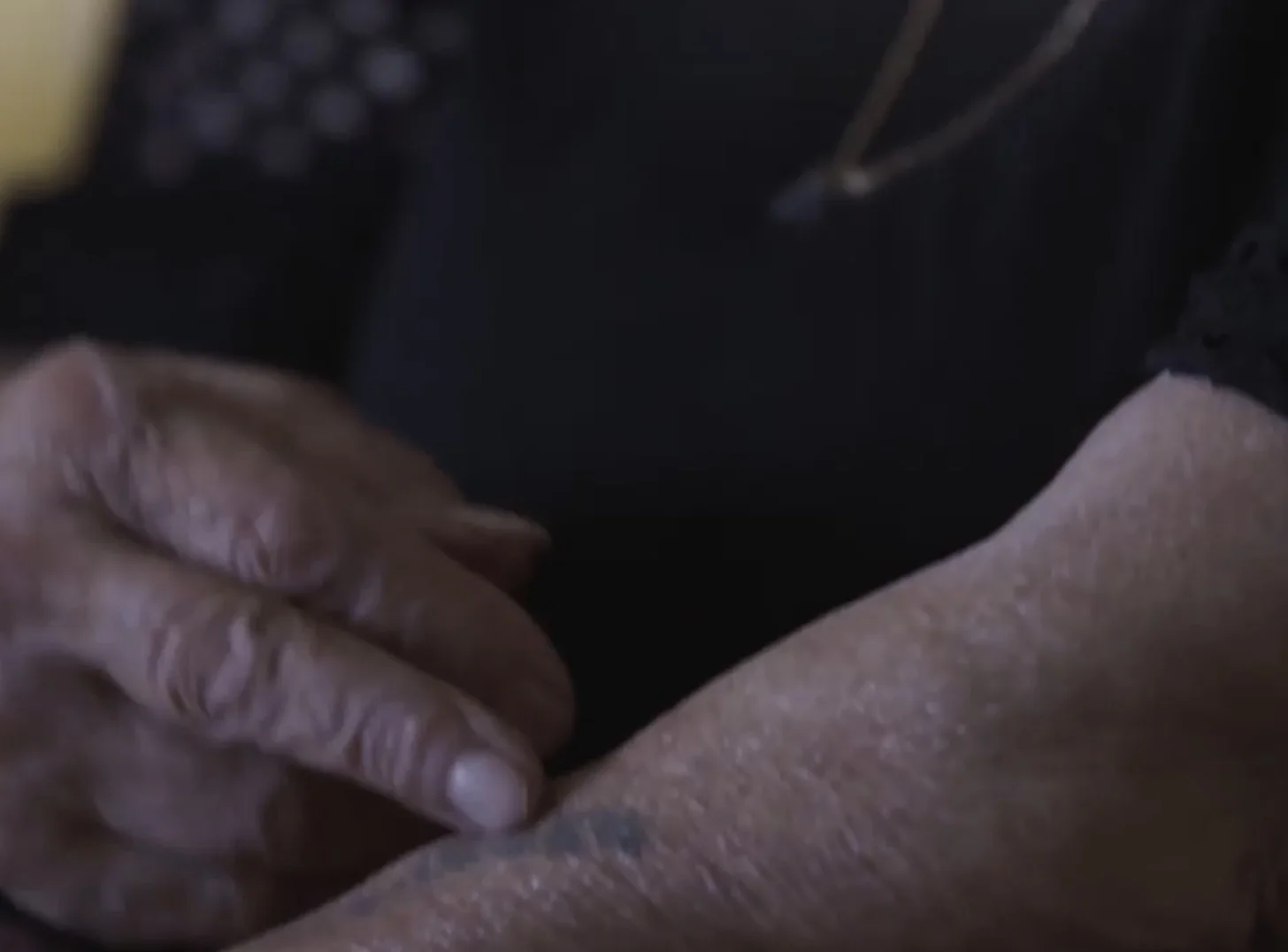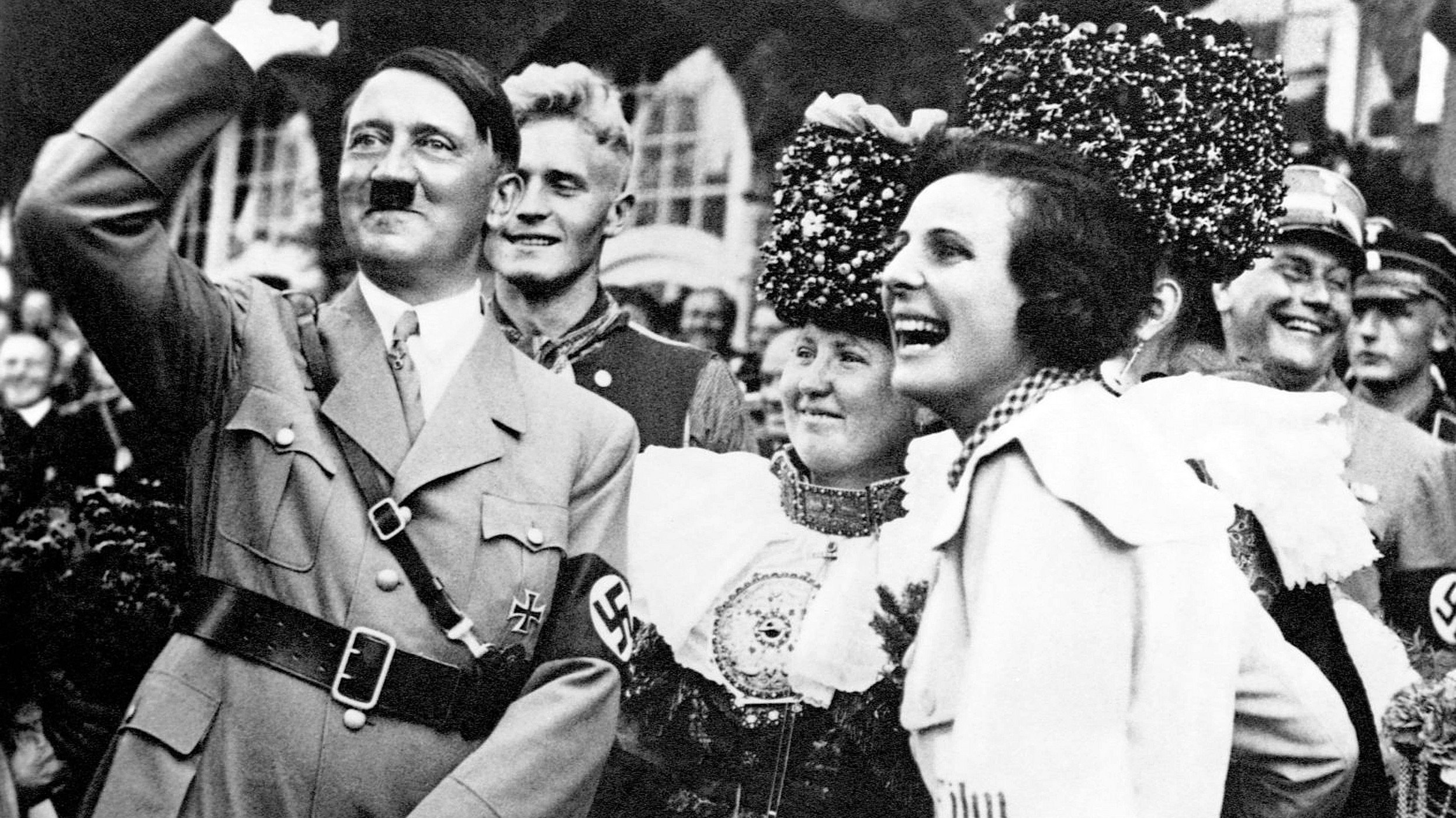On behalf of the Federal Commission against Racism, the Research Institute for the Public and Society of the Zurich University made a study on the quality of the reporting in Swiss media about Rroma (Ettinger, 2013; compare NZZ, 2013; 20 Minuten, 2013; Südostschweiz, 2013). The study examined a representative sample of Swiss media of the period from 2005 to 2012. The study concludes that the contributions are highly selective and unbalanced: in the daily press on Switzerland, Rroma are almost only referred to in relation to asylum abuse, begging, theft, or prostitution. They appear primarily as perpetrators or in the case of prostitution as the victims of clan-related forced prostitution. While some Rroma come to word in various newspapers, the tendency to let officials talk about them dominates “Because of the focus on crime and deviant behaviour, representatives of the executive branch (24%), respectively of the police (12%) and the judiciary (6%) are the ones who most frequently come to word” (Ettinger 2013). The coverage is dominated by an image of an enemy that hypes up individual cases as precedents and builds them to an attestation of the culturally determined Rroma delinquency, which needs not be further explained: “The explanation of the rationale behind their statements is waived in particular by spokesman for the police (60 %), who limits their statements to delinquent behaviour of Roma, and almost without exception the citizen who argument on the basis on the basis of their subjective concerns whose aversions and fears are expressive statements that do not require a justification.” The alleged facts are therefore based on suspicions and on the willingness to believe them as facts.
In the reporting on Rroma outside of Switzerland in turn dominated by the perspective of portraying Rroma as the victims of discrimination and exclusion. The usual defamation about Rroma in Switzerland are largely ignored.
However, the study does not sufficiently question to what extent journalists and concerned citizens just assume that the people one reports on are Rroma. The attribution of a Rroma identity to conspicuous people is not looked into and considered to be problematic, but simply taken as given. This became clear in particular in the study of the Zurich street prostitution that simply postulated that the women in question are Rroma. How these statistics came about, is not problematized: “The majority of sex workers surveyed include the groups of the two Roma groups Romunro or Olah on” (Sex Educatio 2012: 43). A clear identification of ethnicity is anything but simple, as the case around the blonde Rroma girl has shown.
On the Rroma Contact Point side, we find it would be great to give unspectacular topics such as the lives of integrated Rroma a voice and speak of their everyday life in order to create a counterweight to the negative representations. Ettinger notes: Although “Roma themselves come to word in no small numbers in reporting, t in 13 percent of the contributions they present their reactions. But the opinions the Roma and respectively Jenische are usually only reactions to existing problems. Roma or Jenische therefore are not able to contribute their own issues and positions in the reporting.”
The aspect of the political instrumentalisation of the Rroma to political ends falls short in this study even though Ettinger notes that Rroma are exploited before votes for partisan political ends. But the continuous values projection on Rroma by politically varied oriented daily and weekly media are too little criticised. Yet it is precisely the Rroma who are continuously abused as a counter point to the construction of a civic identity. Ettinger’s study therefore lacks a historical perspective on the aspect of discrimination that could thematise the socio-political aspect of the exclusion. This view would show that there is a tradition of prejudice against Rroma that has been perpetuated for centuries. A good source in this respect is Klaus-Michael Bogdal (2011) study on the dissemination of false, distorting culturalisms. Another problem is that the misrepresentation of Rroma on poverty-related phenomena such as illiteracy, begging, prostitution, high childbirth rates, or low level of education is not discussed critically. It is not enough to expose these representations as racist. They must be identified as wrong and distorting representations. Otherwise, the impression may arise that while the coverage was indeed distorted, there nevertheless is a culture of delinquency and exploitation among Rroma, which, due to political correctness, one must not mention. In the context of the poverty immigration to Germany, numerous journalists are arguing this way. Rather, social problems such as poverty and exclusion must be considered as such. In addition, cultural explanations that are based on prejudice and not on effective knowledge must be recognised as such and deconstructed.
- Bogdal, Klaus Michael (2011) Europa erfindet die Zigeuner. Eine Geschichte von Faszination und Verachtung. Berlin: Suhrkamp Verlag.
- 20 Minuten (2013) Medien berichten zu undifferenziert über Roma. In: 20 Minuten online vom 5.12.2013. http://www.20min.ch/schweiz/news/story/Medien-berichten-zu-undifferenziert-ueber-Roma-10144070
- Ettinger, Patrik / Forschungsinstitut für Öffentlichkeit und Gesellschaft (2013) Qualität der Berichterstattung über Roma in Leitmedien der Schweiz. In: Schweizerische Eidgenossenschaft online. http://www.news.admin.ch/NSBSubscriber/message/attachments/33007.pdf
- NZZ (2013) Verallgemeinerungen über Roma in den Medien. In: NZZ online vom 5.12.2013. http://www.nzz.ch/aktuell/schweiz/verallgemeinerungen-ueber-roma-in-den-medien-1.18198947
- Sex Educatio (Hrsg.) (2012) IRIS 2012: Die Situation von ungarischen Strassenprostituierten in ungarischen Städten und in Zürich. www.sexeducatio.hu
- Südostschweiz (2013) Komplexe soziale Probleme nicht Ethnisieren. In: Südostschweiz online vom 5.12.2013. http://www.suedostschweiz.ch/politik/komplexe-soziale-probleme-nicht-ethnisieren







